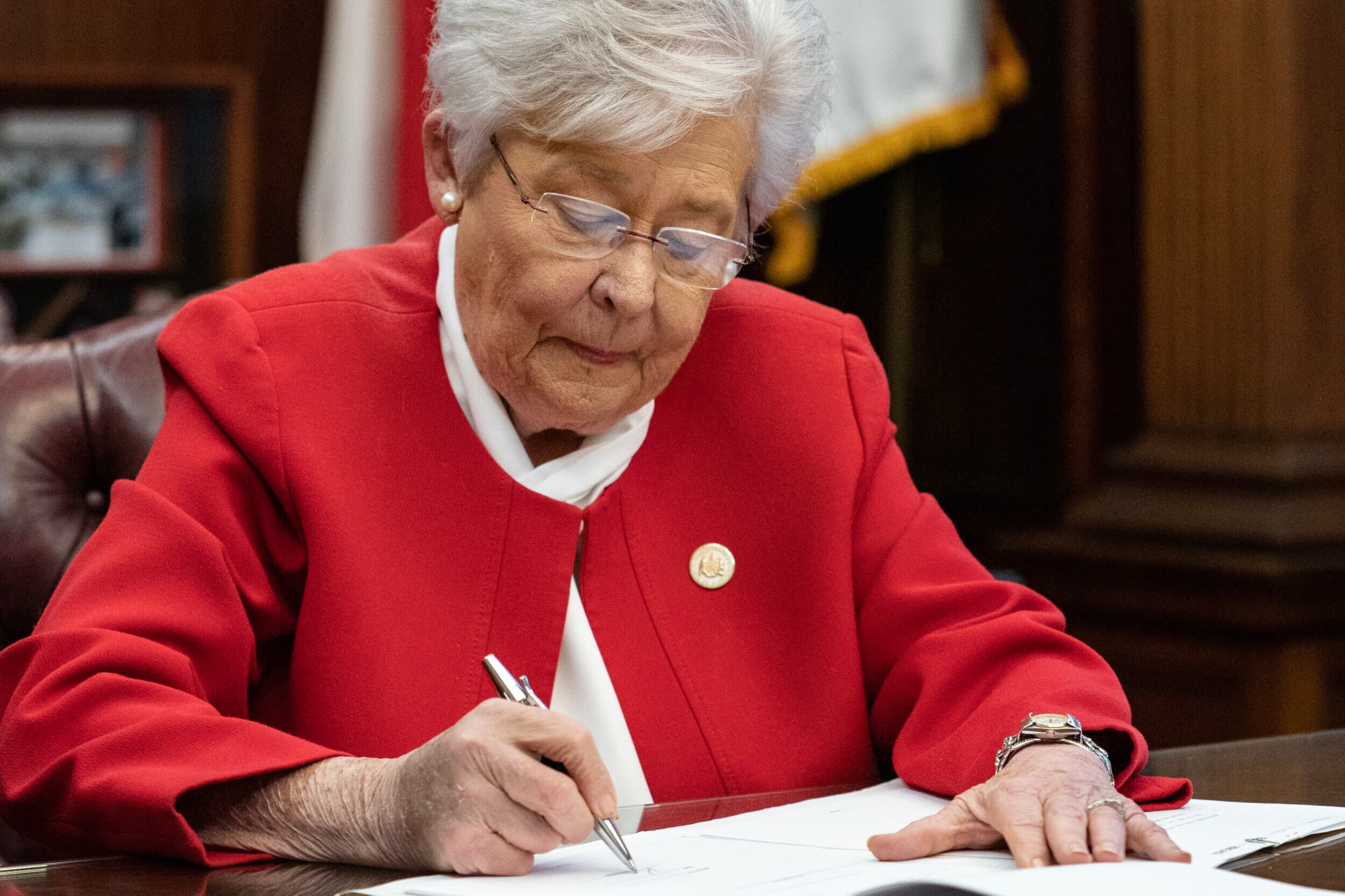EDITOR'S NOTE: This article has been updated.
In an unusual turn of events, a bill that the Alabama Legislature never approved is slated to become law in September after Gov. Kay Ivey sent an incorrect version to the Secretary of State Wes Allen to designate as an act.
During the 2023 regular session, the Alabama Legislature passed a bill sponsored by State Rep. Chris Pringle (R-Mobile). The legislation's purpose was to permit manslaughter charges against individuals who provide controlled substances that result in someone's death.
The legislature amended the bill to limit the drugs covered under the bill exclusively to fentanyl. However, due to a reported technical glitch, Ivey signed the unamended version and sent it to Allen, who designated it as an act.
Officials recognized the error after it had been assigned as an act. Pringle suggested it would be corrected in the recent redistricting special session earlier this month before the bill was slated to take effect, but the legislature failed to address it.
For a bill to become law, it must first be approved by the legislature before receiving the governor's signature and becoming law, meaning the version signed by Ivey cannot become law. However, Allen's action of designating an act number to the law complicates things.
According to Othni Lathram, the director of the Legislative Services Agency — the principal bill drafting and legal research office serving the Alabama Legislature — while the bill is likely unenforceable, the current in-motion wheels would require district court action to halt.
"The Governor delivered a signed bill (without discovering it was not the right version) to the Secretary of State who assigned it an act number," Lathram wrote to 1819 News. "In this regard, the Secretary of State performs a ministerial duty and does not have the discretion to either refuse acceptance or refuse to assign an act number. While the case law seems clear that the act is likely not valid or enforceable, that is not a decision that can be made by anyone other than a court of appropriate jurisdiction."
When asked for comment, Ivey's office directed 1819 News to Alabama Attorney General Steve Marshall's office. Marshall's office told 1819 News it could not opine on the law's implications since its duty is to protect and defend the constitutionality of Alabama's laws.
A judge will likely challenge the law before it can be enforced. Regardless of the outcome, the law will almost certainly be unenforceable, and the legislature will need to address the bill in the next regular session.
To connect with the author of this story or to comment, email craig.monger@1819news.com.
Don't miss out! Subscribe to our newsletter and get our top stories every weekday morning.










